Gasoline engine vs diesel: what to choose? Advantages and disadvantages, operation features
Diesel or gasoline? This is an eternal argument for which there is no definitive answer. Although recently, the trends are leaning towards gasoline engines.
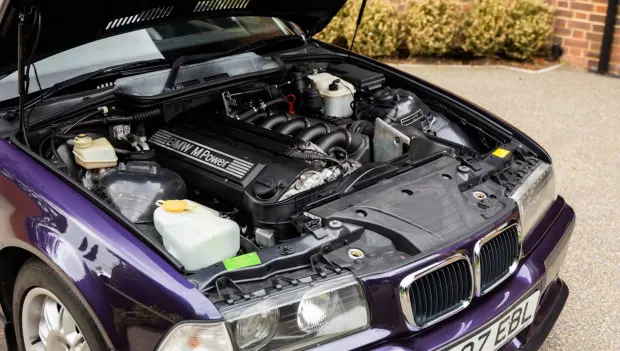
Diesel or gasoline? This is an eternal argument for which there is no definitive answer. Although recently, the trends are leaning towards gasoline engines: when was the last time you saw a new diesel car in a showroom? And there are restrictions for diesel-powered cars in some European cities. We have decided to summarize all the pros and cons of both types of engines and listen to experts' comments.
What is the difference between diesel and gasoline engines?
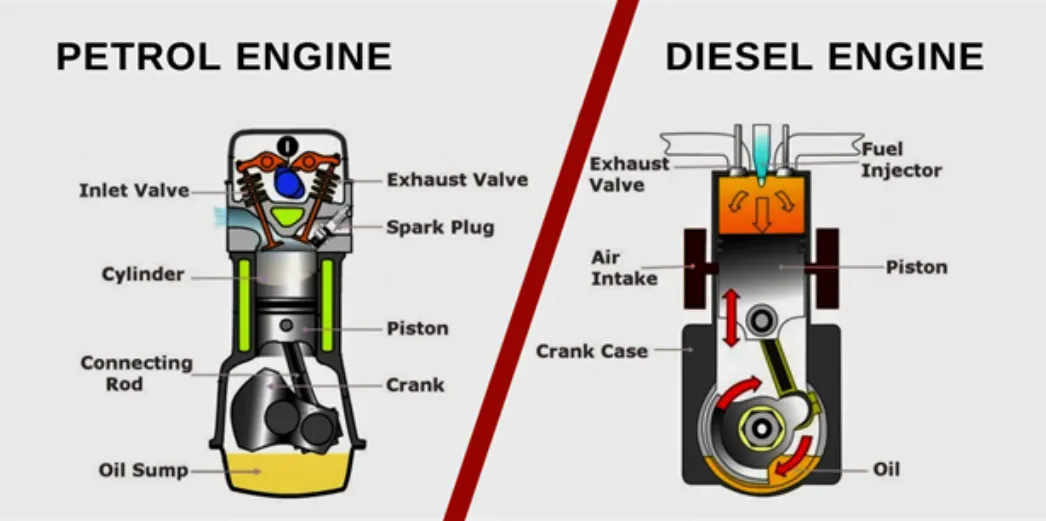
The main difference between gasoline and diesel engines is in the way fuel ignites. The gasoline engine uses a spark, while the diesel engine uses compression. In the first case, the fuel is mixed with air and ignited by a spark from a spark plug (a reminder: diesels do not have spark plugs, only glow plugs). In the second case, the fuel is injected into air that is already highly compressed, leading to self-ignition.
Pros and cons of diesel engines
Note: certain models of gasoline and diesel engines have their own characteristics. Some are reliable, while others have weak spots. Below are the "average" and stereotypical strengths and weaknesses of both types of engines.
It is commonly believed that diesel is more economical — the consumption will be less than a hypothetical gasoline engine.
Diesel engines are generally considered more durable and reliable than gasoline engines. Among the best modern diesels is the turbocharged K9K, which is installed in Renault Megane, Nissan Qashqai, Mercedes-Benz A-Class. We wrote about it in detail.
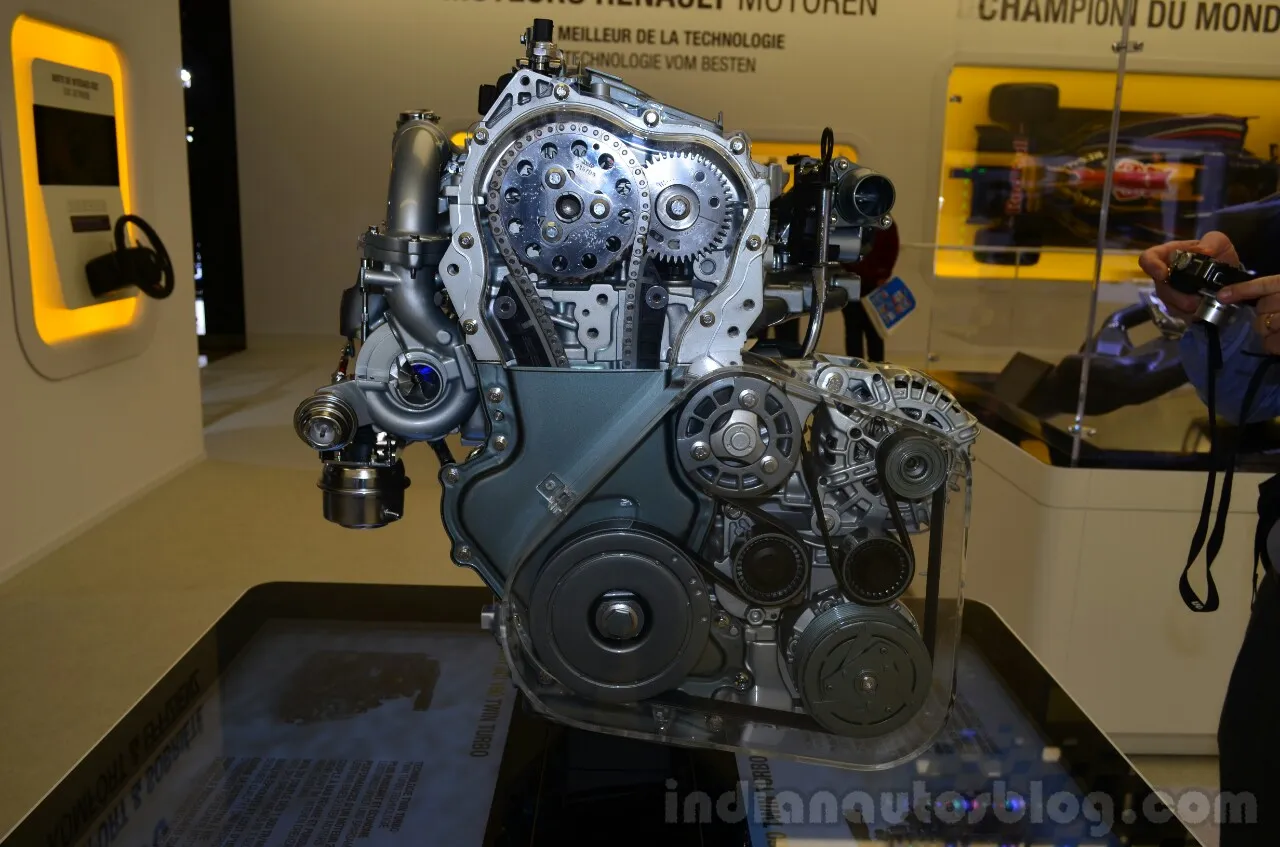
High torque can also be attributed to the advantages of diesel engines. Diesel engines have much higher traction than comparable gasoline ones. A diesel engine produces more energy and therefore can deliver more power compared to a gasoline engine. Thus, diesel performs better during overtaking, and its towing capacity is higher.
Now for the drawbacks. First, it is obvious that the diesel engine is noisier and usually more "odorous." Secondly, a car with this engine needs to warm up longer in cold weather. Diesel is more sensitive to low-quality fuel.
Another known fact: diesel cars tend to suddenly not start in winter.
— Why does this happen? It's down to a fallen compression or injectors. — This means that the pressure in the cylinders is below normal or the injectors are not working correctly. In winter, parts that aren't functioning well immediately show themselves. Gasoline engines are not as affected by this problem.
The main disadvantage of diesel is the complex (and expensive to repair) fuel system design. Diesel is more economical in daily driving, but this " economy " should be saved for the future.
— In terms of convenience, diesel loses out. A gasoline engine can run with malfunctions and in a critical state. But its opponent cannot; it just won't start.
Pros and cons of gasoline engines
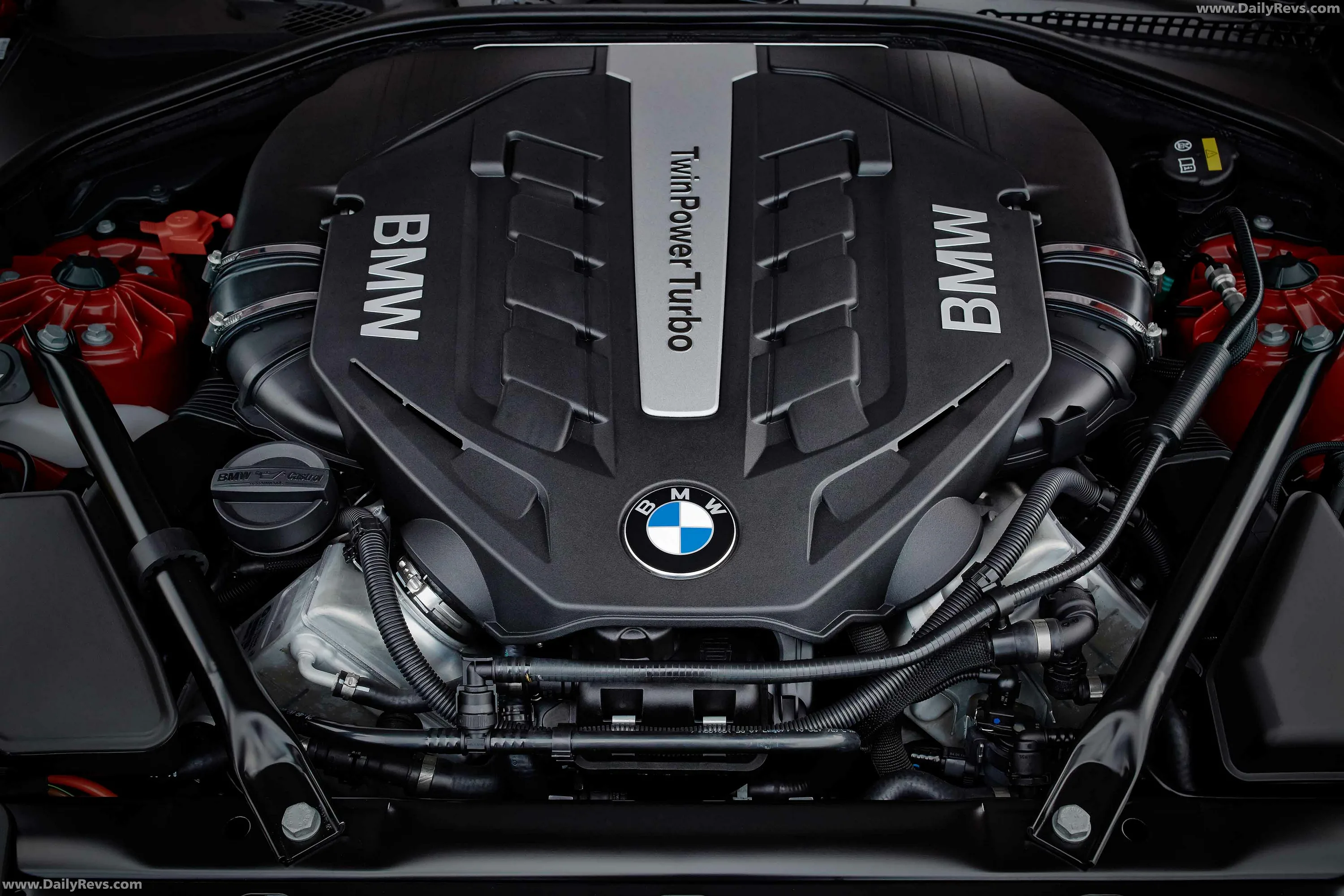
Let's start with the advantages. Compared to diesel, as we have determined, the gasoline engine is quieter, and its exhaust smells better. A gasoline car needs less time to warm up in winter, which means you won't feel cold for long in the cabin in the morning after a night's rest.
Speaking of savings, the gasoline engine works better with LPG. By installing it, you will surely notice a clear benefit.
Gasoline engines require less maintenance. And car repair costs with these engines are generally cheaper than serious work on diesel engines.
Concerning disadvantages, it is commonly believed that gasoline cars have a larger "appetite." They are considered more prone to breakdowns and overheating.
Gasoline engines usually have lower torque compared to diesel ones, which may affect acceleration and traction under load.
What to choose — diesel or gasoline engines?
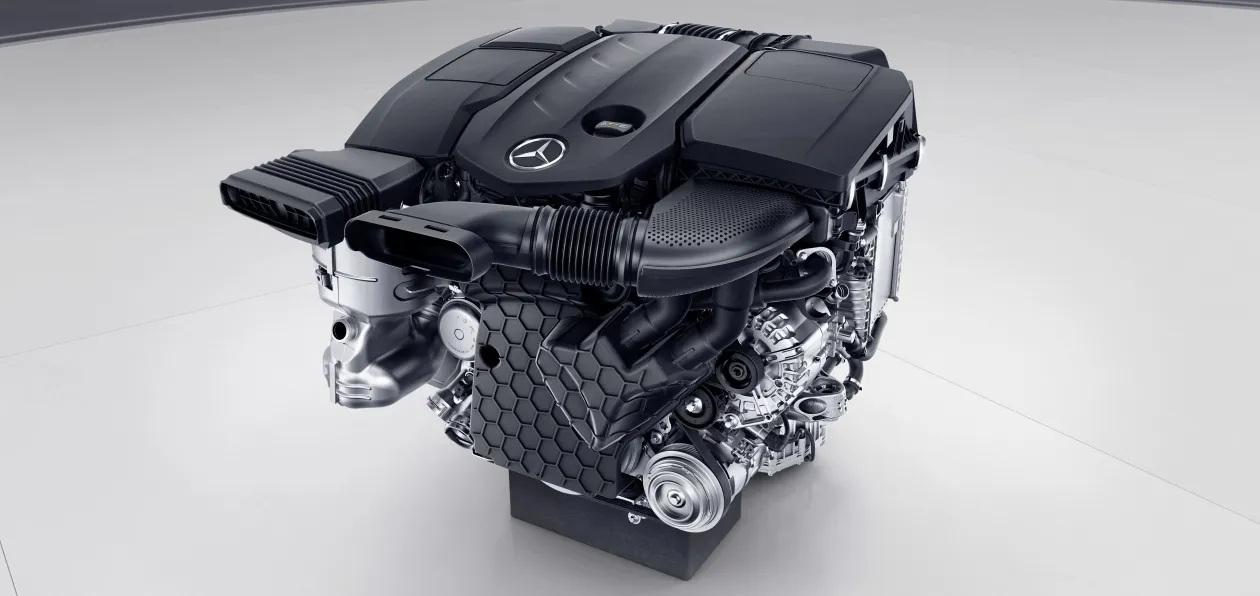
— What should you rely on when choosing a car? On your tastes, preferences, and goals. If you transport a trailer every day, then a more powerful diesel is needed. It is worth opting for it if most of your mileage occurs mostly on highways. — But luxury cars should be gasoline-powered — such an engine is quieter, at least. If all your mileage is commuting to and from the office, it's worth choosing a gasoline engine. It's simpler, and there are no issues in winter: starts easily, warms up quickly, and off you go.
— Undoubtedly, diesel cars should be purchased with high mileage. Modern gasoline and diesel engines are equipped with direct fuel injection systems, indicating high and equivalent loads in both. But with intensive use and high mileage, diesel cars have a clear advantage.
Is it true that gasoline engines love high speeds and diesel likes low?
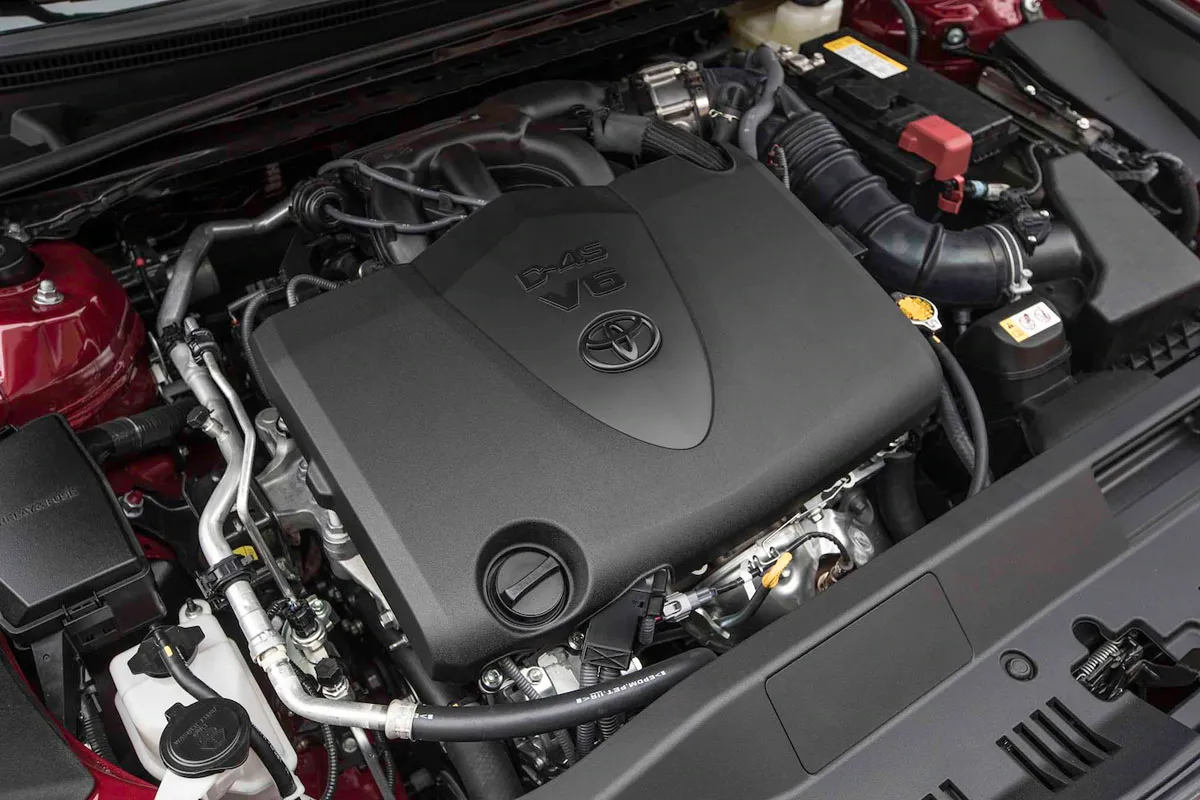
— Diesel and gasoline engines are about different working principles and processes. — Let's start with "petrol." When fuel enters, we signal the spark plug, and ignition occurs. Accordingly, all gasoline engines have a torque "shelf," so-called power output, only at high speeds.
In a diesel engine, everything is different. Fuel is injected, and ignition occurs due to compression. Diesel reaches its "torque" characteristics very early. French cars with 1.6-liter diesel engines drive quite dynamically because this engine gives all its power from the start and is "comfortable." A gasoline engine, on the other hand, needs to rev up.
— So, should a diesel not be "throttled" — held at high speeds for a long time?
— There is simply no point. And it is harmful to the engine.
— What about "petrol"?
— When speeding up, you have to rev up to 3000 revolutions. Because the torque shelf is closer to 3500—4200 revolutions.
You may also be interested in the news:
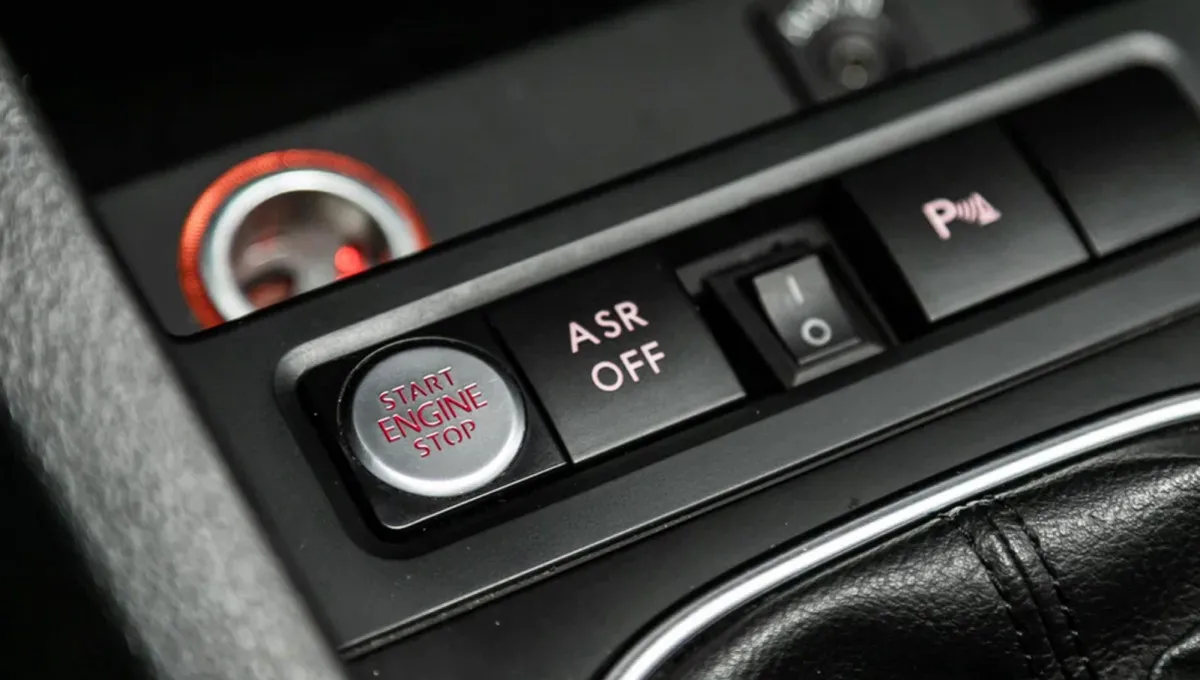
What the ASR OFF Button Does—and Why Some Drivers Choose to Turn It Off
Modern vehicles come packed with standard safety systems like ABS, ESP, and traction control. Here’s where ASR fits in—and why drivers sometimes disable it.
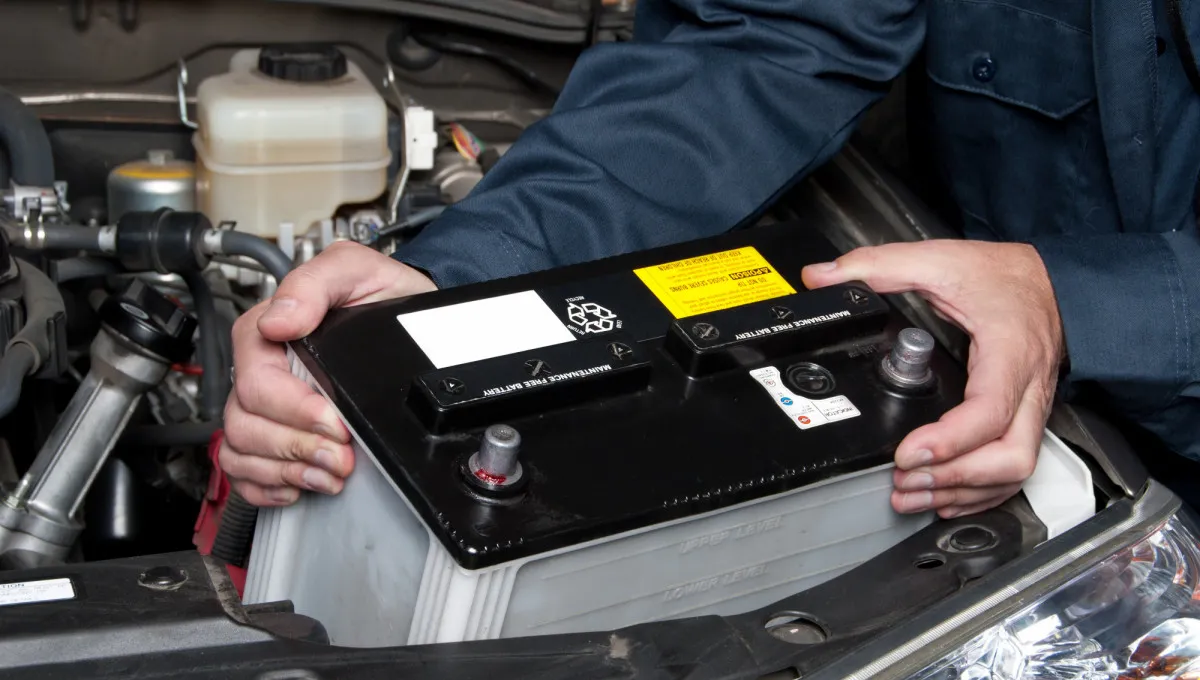
Why Drivers Warm Up Their Car Batteries in Winter Even When Cold Doesn’t Drain Them
At first glance, it seems obvious. Everyone knows that batteries perform worse in cold weather than in warm conditions—they deliver less current, lose usable capacity, and struggle overall.
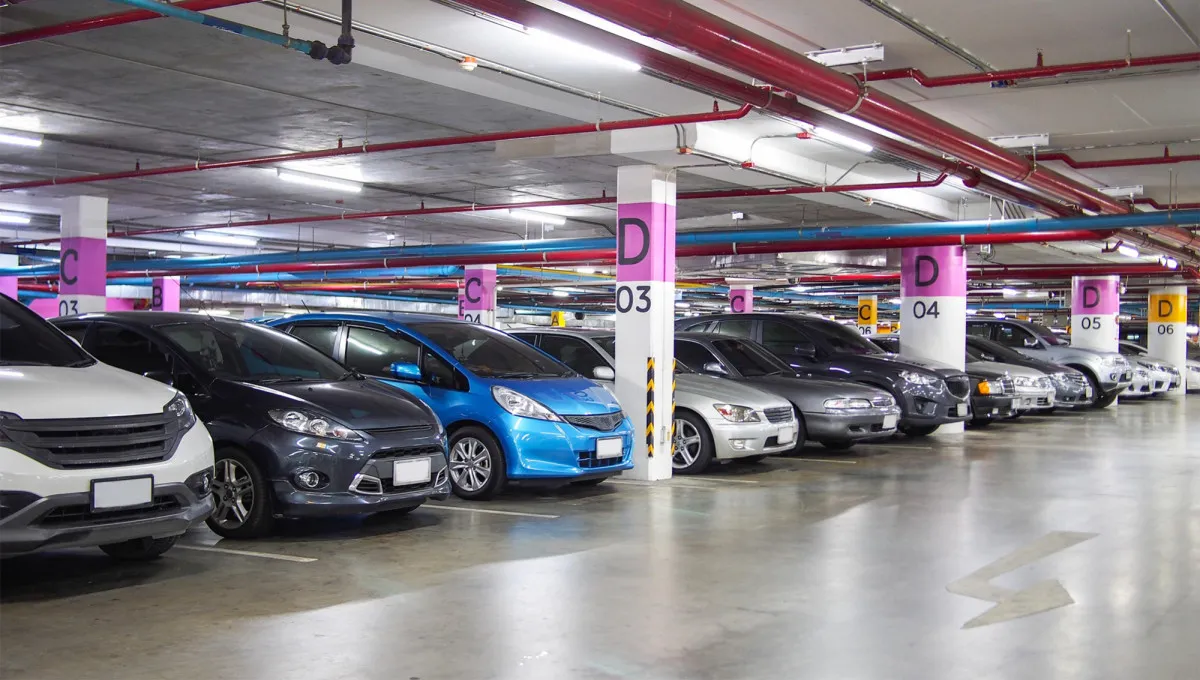
Where to Keep Your Car in Winter: Heated Garage, Unheated Parking, or Outdoors?
Given the choice and the means, most would likely opt for a heated garage. But is that always the wisest decision?
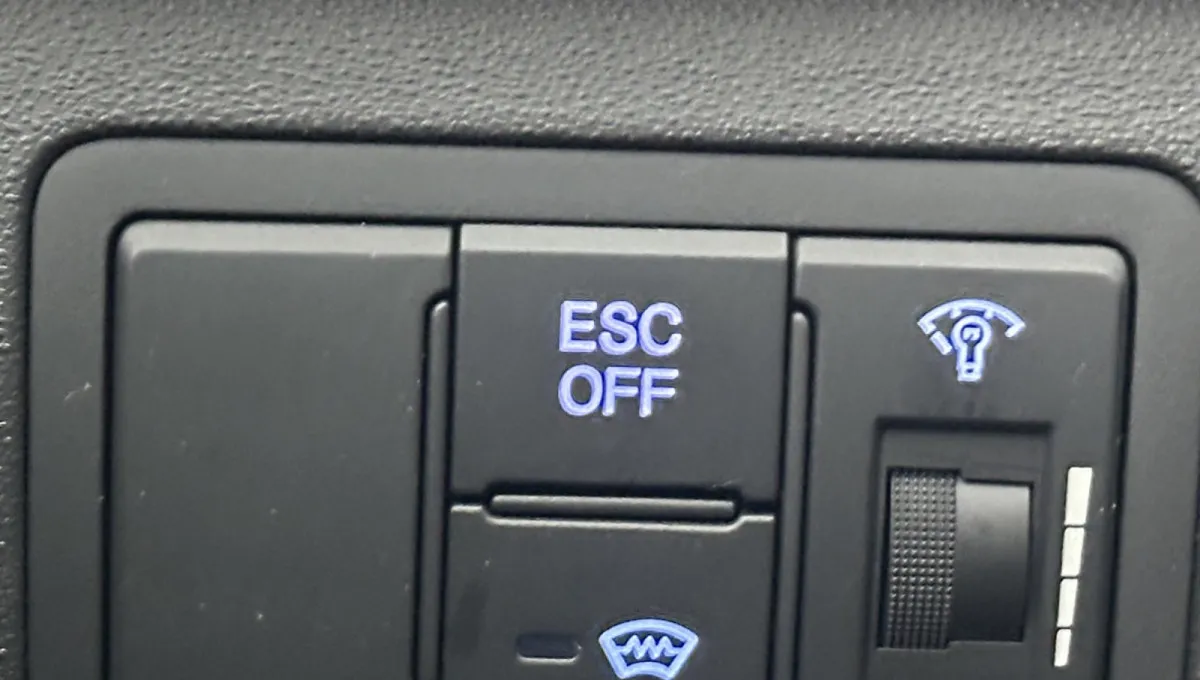
Never Press the ESC OFF Button “Just Because” — It Can Be Dangerous: Many Drivers Don’t Even Know What It’s For
What this function actually does — and how to use the system correctly.
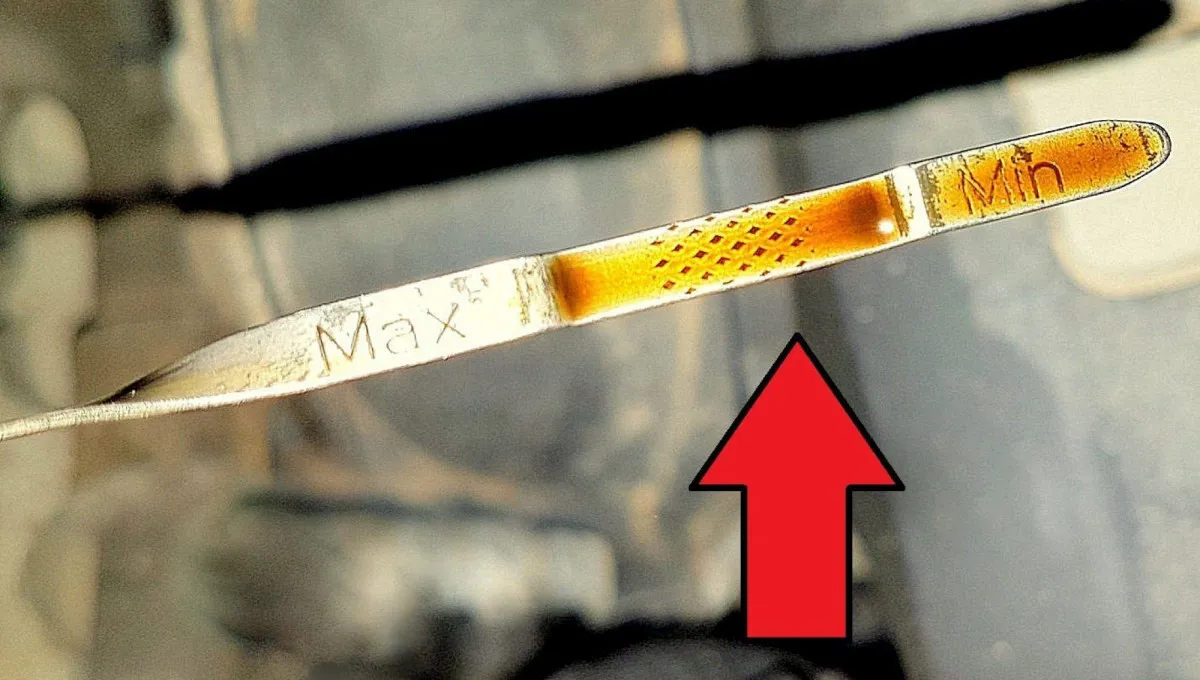
How Drivers Ruin an Engine During a Routine Oil Check: A Common Mistake from Real-World Experience
What seems like a simple oil-level check can often be the starting point of serious engine trouble.